春节的风俗有:1 祭灶,2 灶糖,3 扫尘,4 接玉皇,5 贴门神,6 贴春联,7 守岁,8 拜年,9 看春晚,10 压岁钱。
The customs of the Spring Festival include: 1 offering sacrifices to the God of kitchen, 2 cooking sugar, 3 sweeping the dust, 4 meeting the Jade Emperor, 5 sticking door gods, 6 sticking Spring Festival couplets, 7 Shousui, 8 New Year greetings, 9 watching the Spring Festival Gala, and 10 New Year’s (Lucky) money.
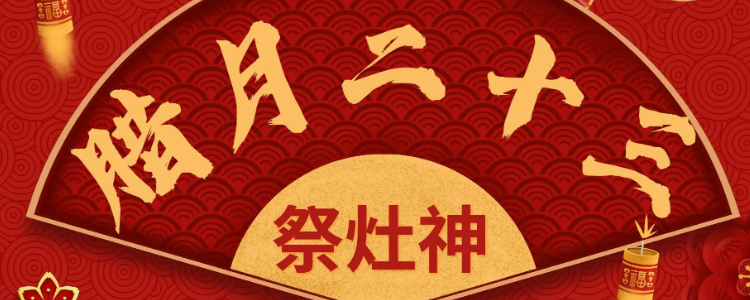
1 祭灶:在古代,人们相信灶神在玉皇大帝面前说的好话会给家庭带来幸福,祝福家庭来年。于是每年腊月二十三,家家户户都会祭拜灶神,请他在上天之后多说些美好吉祥的话。
Sacrifice to the Kitchen: In ancient times, people believed that the good words of the Kitchen God in front of the Jade Emperor would bring happiness to the family and bless the family in the coming year. So every year on the 23rd of December, every family will worship the Kitchen God and ask him to say more beautiful and auspicious words after going back to heaven.
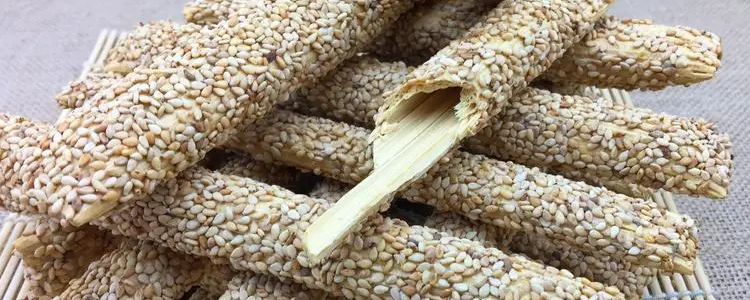
2 灶糖:一种麦芽糖,也叫麻糖,很粘。长成条状的叫“关东糖”,长成扁圆形的叫“哈密瓜”。冬天放在屋外,因为天气冷,甜瓜结实,里面有一些微小的气泡。吃起来酥脆甜脆,风味独特。
Cooking sugar: a kind of maltose, also called sesame candy, very sticky. The long strip is called “Guandong Sugar”, and the long flat round is called “Hami melon”. In winter, the melon is kept outside because of the cold weather. The melon is strong and there are some tiny bubbles in it. It tastes crisp, sweet and crisp, and has a unique flavor.
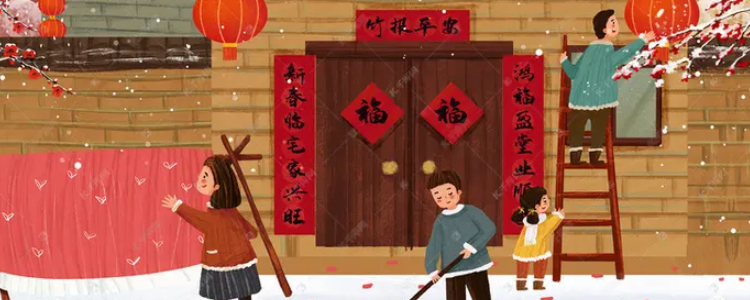
3 扫尘:民间有句话叫“腊月二十四拂尘扫屋”。厨房祭祀结束后,我们正式开始准备过年了。大扫除就是年终大扫除,北方叫“大扫除”,南方叫“除尘”。春节前打扫灰尘是中国人的传统习惯。除尘那天,全家人开始打扫屋子和院子,刷洗锅碗瓢盆,拆洗被褥,干干净净地迎接新年。实际上,人们用“尘”和“陈”的谐音来表达消灭陈旧的思想。
Sweeping dust: There is a folk saying that “Sweeping the house by sweeping dust on the 24th day of the lunar month”. After the kitchen sacrifice, we officially began to prepare for the New Year. The general cleaning is the year-end general cleaning, which is called “general cleaning” in the north and “dedusting” in the south. It is a traditional Chinese custom to clean the dust before the Spring Festival. On the day of dedusting, the whole family began to clean the house and yard, wash the pots and pans, remove the bedding and welcome the New Year cleanly. In fact, people use the homonym of “Chen- dust” and “Chen – old” to express their will to eliminate the old thoughts.
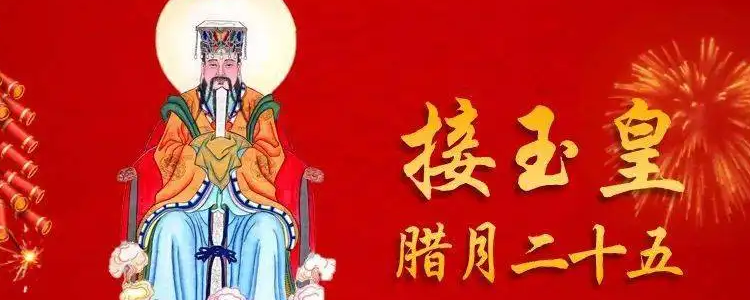
4 接玉皇:旧习俗和新习俗都相信灶神上天时,天上的玉皇大帝在农历二十五亲自下凡,观察人间善恶,预示来年吉凶祸福。所以家家都献上祝福,叫作“迎玉帝”。在这一天,你应该在日常生活和言语中保持谨慎,争取良好的表现,以赢得玉帝的青睐,并为来年带来幸福。
Receiving the Jade Emperor: Both the old custom and the new custom believe that when the Kitchen God ascends to heaven, the Jade Emperor in the sky descends to the earth personally on the 25th day of the lunar calendar to observe the good and evil of the world, indicating good or bad luck in the coming year. So every family offered their blessings, called “Welcoming the Jade Emperor”. On this day, you should be cautious in your daily life and words, and strive for good performance to win the favor of the Jade Emperor and bring happiness for the coming year.
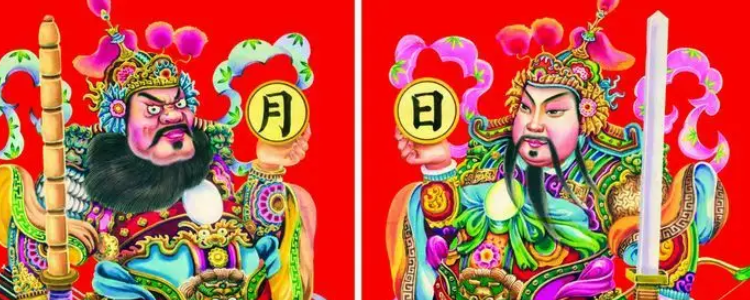
5 贴门神:起初,门神是用桃木雕刻的,挂在大门周围。后来画了门神的画像,贴在门上。传说中的申屠和于蕾兄弟都与鬼魂有关。他们看门,大大小小的恶鬼都不敢进。唐代以后,出现了秦琼和尉迟敬德的门神画像,关羽和张飞的门神画像。后来人们常把一对门神画成武功高手,寄托了汉族劳动人民辟邪、消灾、迎福的美好愿望。
Stick door gods: At first, Gods of Door were carved with peach wood and hung around people. Later, he drew a portrait of the door god and pasted it on the door. The legendary brothers Shen Tu and Yu Lei are both related to ghosts. They guard the door, and evil spirits, big and small, dare not enter. After the Tang Dynasty, there appeared the portraits of door gods of Qin Qiong and Yuchi Jingde, Guan Yu and Zhang Fei. A pair of Gods of Door for each household, one for left door and one for right door. Later generations often paint a pair of door gods as martial arts expert, expressing the Han working people’s good wishes to ward off evil spirits, eliminate disasters and welcome blessings.
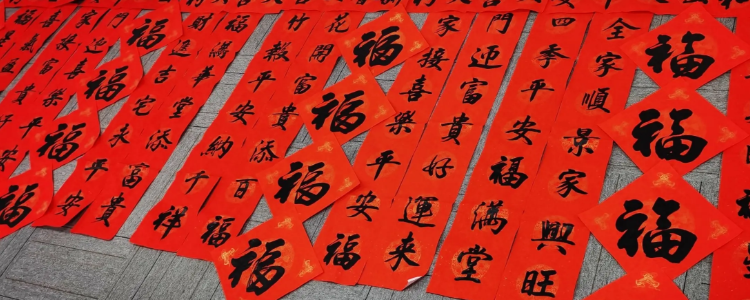
6 贴春联:春联又称“门联”、“对联”、“桃符”,是对联的一种,因在春节期间张贴而得名。它以工整、对偶、简练、精致的文字描绘时代背景,表达美好祝愿,是中国特有的文学形式。春节期间,无论是城市还是农村,家家户户都要挑选一副鲜红的春联贴在门上。
Paste Spring Festival couplets: Spring Festival couplets, also known as “door couplets”, “couplets” and “peach charms”, are a kind of couplets, which are named after being posted during the Spring Festival. It depicts the background of the times in neat, dual, concise and exquisite characters to express good wishes. It is a unique literary form in China. During the Spring Festival, every household, whether urban or rural, should choose a pair of bright red couplets to stick on their doors.

7 守岁:中国民间有除夕守岁的习惯,俗称“熬年”。大年三十从年夜饭开始,这顿晚餐要慢慢吃。边吃团圆饭边看春节联欢晚会!
Shou Sui: Chinese people have the habit of keeping watch on New Year’s Eve, commonly known as “Aonian”. New Year’s Eve begins with the New Year’s Eve dinner, and you can take your time to enjoy the dinner! While eating family reunion dinner, you can watch the Spring Festival Gala!
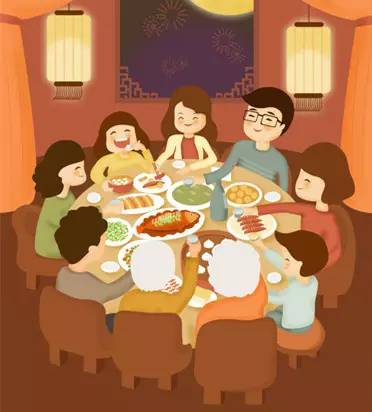
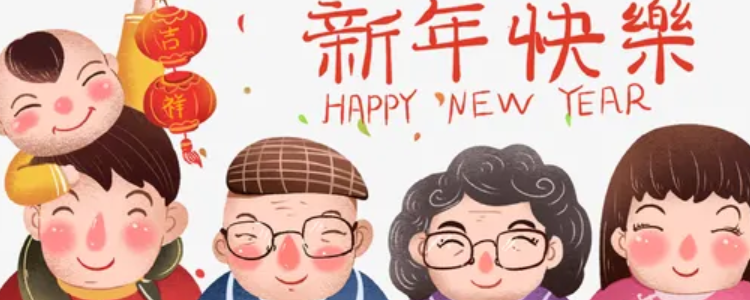
8 拜年:春节的一个重要活动就是去亲朋好友家和邻居家拜年。汉族人拜年,从汉朝就有了。唐朝以后,非常流行。如果你不方便亲自去那里,你可以用一张著名的卡片来表达你的祝贺。东汉时称为“刺”,所以名片也叫“名刺”。明朝以后,很多家庭都在门口贴一个红纸袋,专门用来拜年。
New Year’s greetings: One of the important activities of the Spring Festival is to pay New Year’s greetings to relatives, friends and neighbors. Han people have paid New Year greetings since the Han Dynasty. After the Tang Dynasty, it was very popular. If it is inconvenient for you to go there in person, you can use a famous card to express your congratulations. It was called “cì” in the Eastern Han Dynasty, so the name card was also called “famous cì”. After the Ming Dynasty, many families pasted a red paper bag at the door for New Year’s greetings.

9 看春晚:综艺节目已经成为一种大规模的媒体文化形式。为中国电视综艺文化的发展提供了最基本的模式和蓝图。除夕是家人团聚的时候。亲朋好友可以聚在一起,开开心心得坐在电视机前看春晚!随着电视剧中12点的钟声响起,全家团聚,迎接新年的到来。
Watching the Spring Festival Gala: variety shows have become a large-scale form of media culture. It provides the most basic model and blueprint for the development of Chinese TV variety culture. New Year’s Eve is a time for family reunion. Family and friends can get together and have fun watching the Spring Festival Gala in front of the TV! As the 12 o’clock clock in the TV play rings, the whole family gets together to welcome the arrival of the New Year.
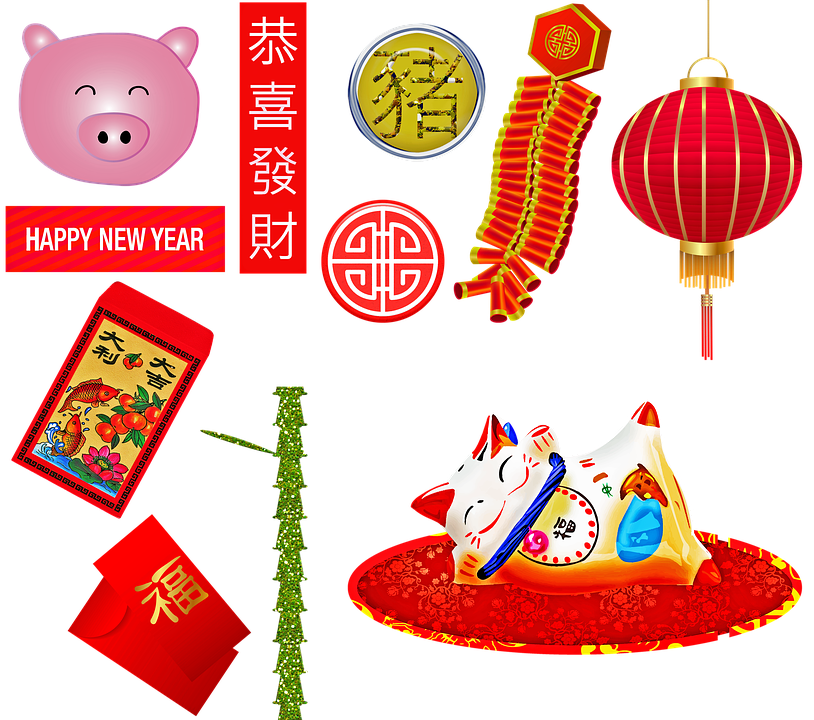
10 压岁钱:是长辈给晚辈的。在一些家庭,年夜饭后,每个人都不允许离开餐桌。大家吃完后,长辈会给晚辈压岁钱,鼓励自己的子子孙孙在新的一年里学习成长,做一个好人。有些人会在晚上孩子入睡后把压岁钱放在枕头下面,这体现了长辈对晚辈的爱,晚辈对长辈的尊重。是融入家庭伦理的民俗活动。
New Year’s Money: It is given by the elders to the younger generation. In some families, everyone is not allowed to leave the table after the family reunion dinner. After everyone has finished eating, the elders will give it to the younger generation to encourage their children and grandchildren to learn and grow up in the new year and become good people. Some people will put the lucky money under the pillow after their children fall asleep at night, which shows the love and respect of the elders for the younger generation. It is a folk custom activity integrated with family ethics.
Leave a Reply